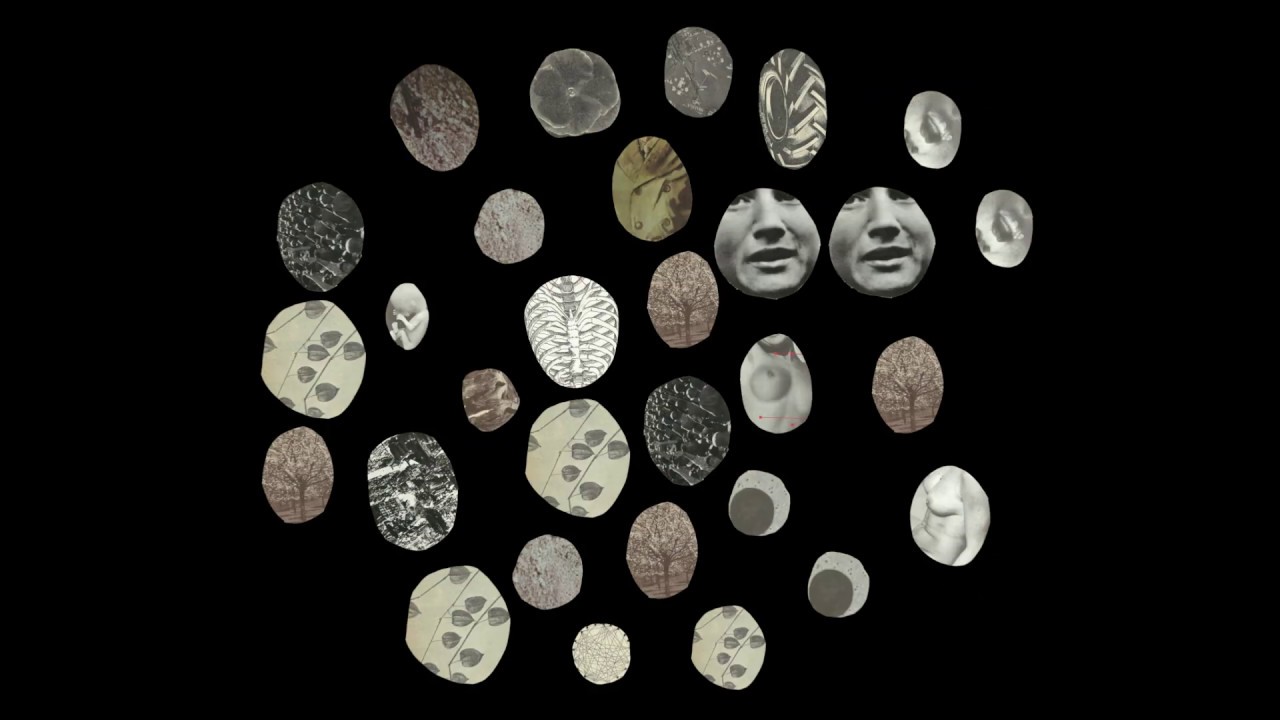Aksak Maboul – credit Samuel Kirszenbaum
Aksak Maboul were a Belgian avant-rock band formed in 1977 by Marc Hollander and Vincent Kenis, which perfectly encapsulated the fluidity later exemplified by Hollander’s Crammed Discs, with their debut, Onze Danses Pour Combattre La Migraine. A collection of perfectly formed miniatures that transcended geographical and genre boundaries (and which in some cases, like the proto-electronica of ‘Saure Gurke’, ventured into territories not yet invented), their debut was followed by a second album in 1980, Un Peu de l’Âme des Bandits. Featuring guest appearances from Henry Cow’s Fred Frith and Chris Cutler, their sophomore release had more of a Rock In Opposition vibe, yet still possessed the fun and irreverent attitude that made its predecessor so enjoyable. A third album, Ex Futur, recorded between 1980 and 1983 (but unreleased until 2014) evidenced an electro pop version of the band, anticipating bands like Stereolab to an uncanny extent. That album featured Véronique Vincent on vocals, who had also been one of two singers in the excellent Belgian post-punk band, The Honeymoon Killers (a group both Hollander and Kenis were also involved with).
Despite having different overall flavours, the three albums courted a hard to define commonality of approach. The new album, written and produced by Hollander and Vincent, features members of Aksak Maboul’s current live line-up: Faustine Hollander on bass and backing vocals, Lucien Fraipont on guitar and Erick Heestermans on drums. Guests including Fred Frith, members of Aquaserge and Tuxedomoon’s Steven Brown also make an appearance.
When I interviewed Hollander for tQ in 2018, he mentioned the new album in progress, saying: “My dream would be to combine all three albums and roll them into one. It would be more like what we do live, more electronic, but less song format and with elements from stuff that was on the other two albums. It’s an interesting challenge.” As a huge fan of the first two records, I felt the promise of a fourth release to be intriguing but nevertheless retained the potential for some serious disappointment. After all, how often does a band release an album of their first new material in almost forty years, which has the potential to eclipse their earlier recordings? Not often I would suggest.
Such thoughts, as I first began listening to Figures, did not last long however. By the end of the first of its two discs, the possibility that this might in fact be the band’s best work began to occur to me instead. By the time I reached the end of the second disc, with at least five tracks vying for album highlight, I was entirely convinced that Hollander had achieved his aim.
Totally pop, yet psychedelic enough to make one reconsider the ingestion of psychedelic drugs just to hear it in in such a state, replete with wonderful touches (such as elements of the systems music of Steve Reich or Philip Glass), Figures manages to contain elements from every phase of the band, whilst still having a contemporary edge. As in the very best attempts to merge disparate elements, the pop and avant elements perfectly compliment one another. The strong melodies hit immediately, allowing time for all the other little embellishments to fill out the picture with subsequent listens. You can also dance to it.
Opener, ‘Among The Naeporu’, is an elegant little loop of clarinet, organ and percussion under thirty seconds long, that wouldn’t be out of place on the band’s debut. ‘C’est Charles’ stakes out the kind of electronic chamber pop territory established on Ex Futur, which will most likely find favour with fans of Broadcast and Vanishing Twin. Like many of the longer songs on the album, it starts strong and gets even better as it progresses, transforming into something else entirely by its conclusion. ‘Taciturne’ has an epic quality, like a thumping soundtrack to a stylish, noir-esque spy movie. ‘Silhouettes’ is pretty fine too. Dreamy and mesmeric, with Frith adding a touch of magic on viola. ‘Histoires de Fous’ is a real earworm of a tune, propelled by deftly programmed drums and a swirling organ arabesque, before entertainingly coming apart at the seams by its end. ‘Spleenétique’ begins promisingly, with a looped piano figure, pattering drum machine and Vincent’s compelling vocal. The second half of the song is perhaps the album’s most RIO moment, recalling the band’s first two albums. Far too joyous and infectious to be prog as it’s usually understood, keyboards and vibraphone entwine to euphoric effect, whilst Fraipont’s guitars add just the right amount of shredding. It’s a fantastic track that I couldn’t refrain from replaying on repeat. ‘Dramscule’ is equally as good. In this case, a dramatisation of the uneven dynamic between a romantic couple set to an insistent beat, squealing alto sax, bass clarinet, bassoon and guitar, and even something that sounds like an alarm clock going off that should be irritating but feels perfectly placed amongst the tapestry of surrounding sounds. ‘Un Caid’ again is as good, perhaps even better. Beginning with an uplifting beat and strong melodic vocal line, this story of a cad, a “bigshot, a spearhead, the lance / Of a movement, of a secret thought” would be a brilliant track even if it weren’t for its concluding minute-and-a-half. As it is, those final ninety seconds take that keyboard motif and elevate it to a realm only usually graced by the very best Kosmische music, whilst still retaining its lightness of touch.
With all of its many beguiling aspects and stylistic strands, Figures is an enormously pleasurable record. By so far surpassing my expectations of what a new Aksak Maboul record might sound like, it has provided me with my greatest surprise so far in a year that, for many reasons, is proving to be extremely trying. It’s perhaps a little too early to talk about best albums for 2020, but for me this is currently the one to beat.



